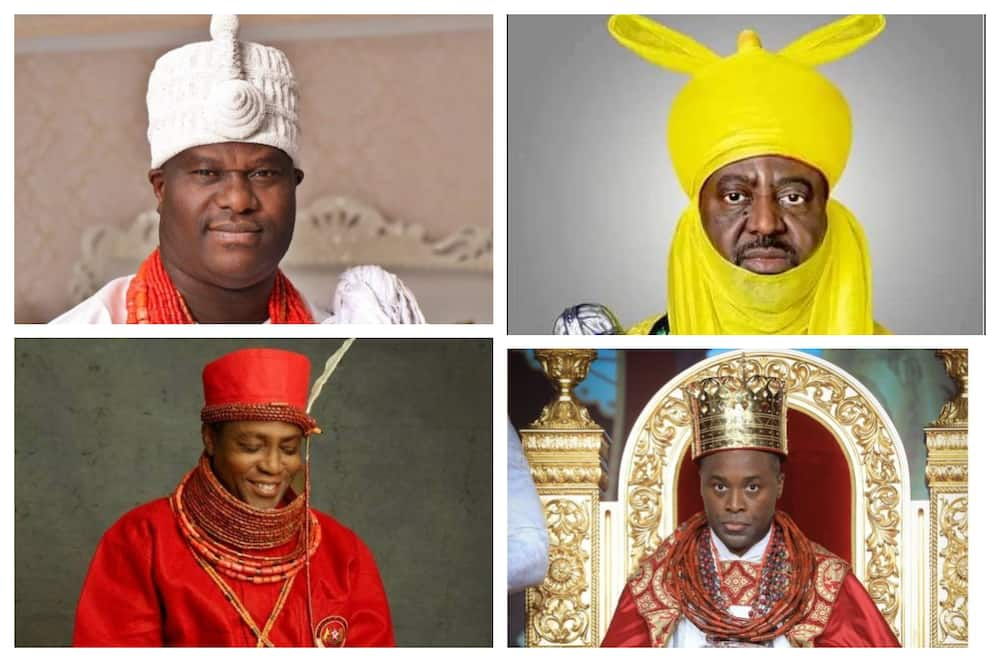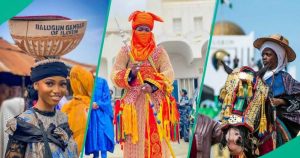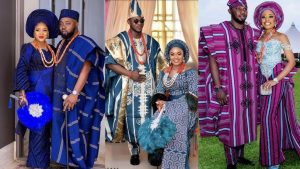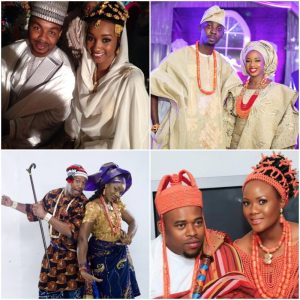What role do traditional leaders play in modern Nigerian society?
Traditional leaders, often referred to as chiefs or kings, hold a significant and multifaceted role in modern Nigerian society.
Traditional leaders in modern Nigerian society serve as custodians of culture and tradition, playing pivotal roles in local governance and conflict resolution. They act as intermediaries between the government and the local communities, ensuring that policies and initiatives are effectively communicated and implemented
These leaders also play a crucial role in maintaining social harmony by mediating disputes and providing counsel based on long-standing customs and values.
Additionally, they participate in community development projects, leveraging their influence to mobilize resources and support for various initiatives.
Their position allows them to advocate for the needs and interests of their people, contributing to the overall socio-economic development of the region. Despite the increasing influence of modern political structures, traditional leaders remain a vital part of Nigerian society, helping to bridge the gap between the past and the present.
Despite the country’s transition to a democratic system, these leaders maintain substantial influence in various aspects of community life.
- Cultural Preservation: Traditional leaders are custodians of culture and heritage. They are responsible for preserving the customs, traditions, and languages of their people. This includes organizing festivals, rituals, and ceremonies that celebrate and sustain cultural identity.
- Conflict Resolution: In rural and urban communities alike, traditional leaders often serve as mediators in disputes. Their deep understanding of local customs and social dynamics enables them to resolve conflicts effectively, maintaining peace and order.
- Political Influence: While they do not hold official political power, traditional leaders have significant sway in local and national politics. Politicians often seek their endorsement and support to gain legitimacy and the backing of the community. Their opinions can influence electoral outcomes and policy decisions.
- Economic Development: Traditional leaders play a crucial role in the economic development of their regions. They can mobilize resources, attract investments, and facilitate infrastructure projects. Their approval is often necessary for land allocation and other community projects.
- Social Welfare: They are involved in promoting social welfare by advocating for education, healthcare, and other essential services. Traditional leaders often work with government and non-governmental organizations to implement development projects and improve living standards.
- Legal Authority: In many areas, traditional leaders have quasi-judicial powers. They can adjudicate minor criminal cases and civil disputes based on customary law, providing an accessible and respected form of justice.
- Spiritual Leadership: Many traditional leaders are also spiritual heads, leading religious activities and offering guidance on moral and ethical issues. They play a crucial role in maintaining the spiritual well-being of their communities.
- Advocacy and Representation: Traditional leaders represent their communities’ interests at various levels of government. They advocate for their people’s needs and concerns, ensuring that their voices are heard in national discourse.
In conclusion, traditional leaders in modern Nigerian society serve as vital connectors between the past and present. They uphold cultural values, maintain social harmony, influence political processes, drive economic development, and advocate for their communities’ welfare. Their enduring relevance underscores the importance of integrating traditional governance structures with contemporary political systems to foster holistic development.














Post Comment